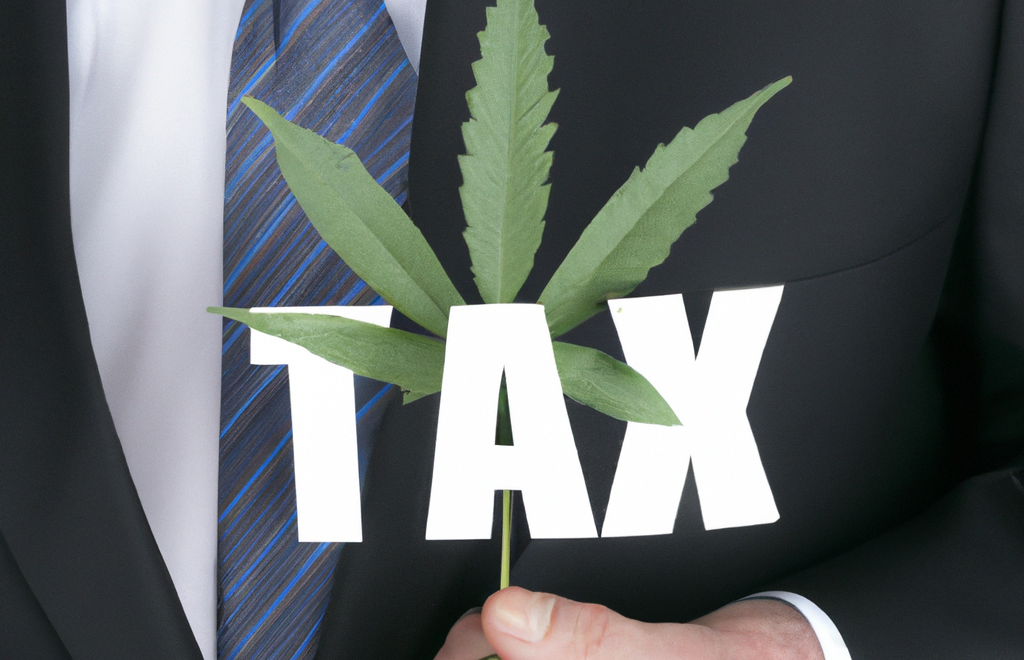California Cannabis Trade Samples Exempt from Cannabis Taxes
LOS ANGELES- The enactment of Assembly Bill 141 on July 12, 2021 radically altered the taxability of cannabis trade samples. Effective September 29, 2021, excise tax no longer applied to cannabis flower or cannabis products provided to other licensees as trade samples. But not all licensees can give out trade samples: only cultivators, manufacturers, distributors, and microbusinesses, NOT event organizers or retailers.[1]
Documentation Needed
California stresses the importance of proper documentation to support the designation of a cannabis product as a trade sample. Documentation should include:
- A statement indicating the cannabis excise tax was not collected or paid.
- Information on the licensee providing the trade samples, the licensee receiving the trade samples, and the licensee transporting the trade samples.
- Documentation should be consistent with the transaction(s) recorded in the California Cannabis Track-and-Trace System.
- Documentation can include a letter, invoice, note, or preprinted form. The state has a specific form, CDTFA-230-CD, for use in documenting your trade sample transaction; it makes sense to use this form as any state auditor will feel more comfortable seeing it: cdtfa.ca.gov/DownloadFile.ashx?path=/formspubs/cdtfa230cd.pdf
Pitfalls of Improper (or No) Documentation
The CDTFA states that, “Without proper documentation, a cannabis licensee may be liable for all applicable taxes that would otherwise have been due.”[2] So, improperly handled samples could end up making a cannabis business liable for excise tax, which currently stands at 26.25% of the wholesale value of the product. (Remember, even if the product was given to you for free, excise tax is still calculated on the non-discounted wholesale cost of the product.)
Other Pitfalls to Be Aware Of
Trade samples should be clearly labeled as “TRADE SAMPLE: NOT FOR DONATION OR RESALE.” Once product is designated as a trade sample, that designation can’t change (it can’t be sold to anyone). The movement of trade samples must be recorded in METRC. Trade samples are capped monthly at 2 pounds of flower and 900 units of manufactured/non-manufactured products. However, recipients of trade samples can only receive a maximum of 5 grams of flower per strain (no more than 6 strains) and up to 5 units of no more than 6 different products each month. Any employee transporting cannabis trade samples can’t carry with them any amount that exceeds the personal possession limits.[3]
The Bottom Line
Trade samples can be a terrific way for your cannabis company to get the word out about your product. But remember, as with everything else in cannabis, there are a lot of government hoops you must correctly jump through, or your great marketing idea could turn out to be a great headache!
[1] Cal. Code Regs. Tit. 4, § 15041.4 – Providing Trade Samples
[2] https://www.cdtfa.ca.gov/formspubs/L837.pdf
[3] https://www.marijuanalawyerblog.com/understanding-new-california-cannabis-trade-sample-and-medical-marijuana-donation-laws
About The Author
Abraham Finberg
Managing Partner
Abraham Finberg MBA, CPA, managing partner at AB FinWright, has been a leader in the cannabis sphere since 2009, counseling clients in all phases of business advisory and tax, from start-up through M&A and IPO.
About The Author
Rachel Wright
Managing Partner
Rachel Wright, MST, CPA, managing partner at AB FinWright, specializes in cannabis accounting and taxation for multi-state and multinational entities, advising clients on everything from internal controls to the bottom-line implications of mixed local, state, federal and international statutes of taxation.
For all your taxation challenges in cannabis, feel free to reach out to me or any of the other team members at 420CPA and share with us your business challenges. We have been helping cannabis companies since 2009.




































